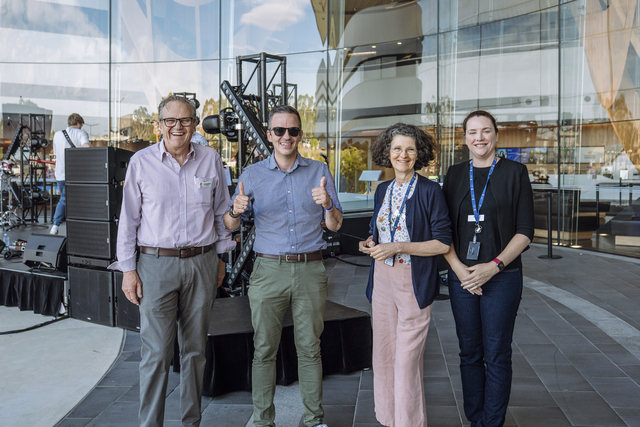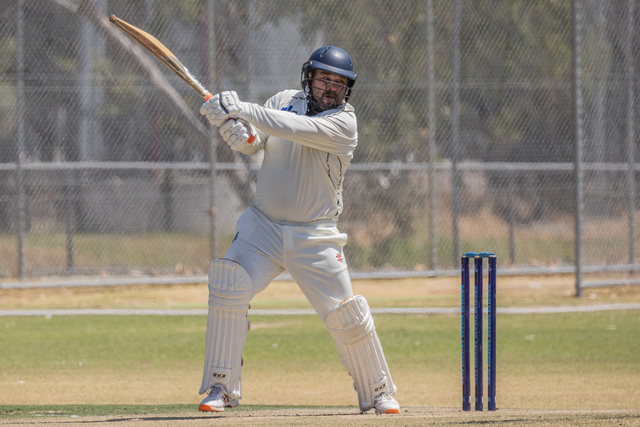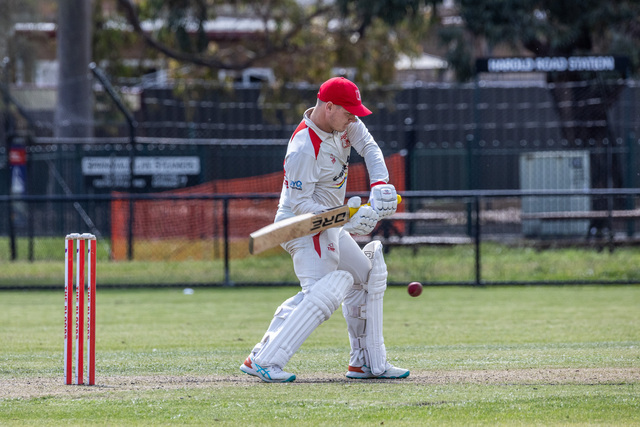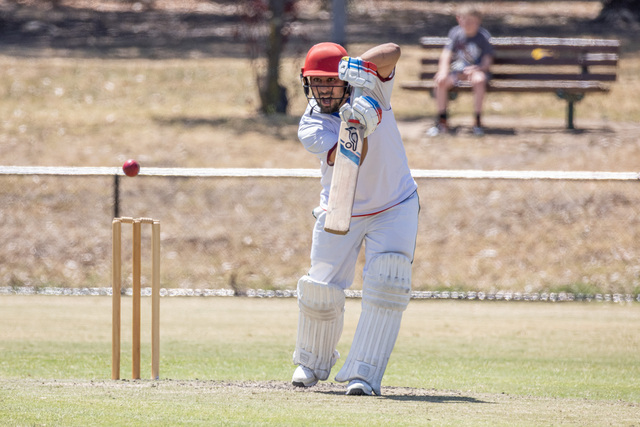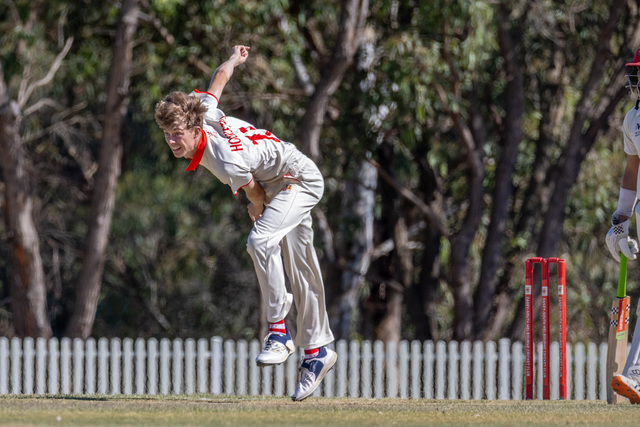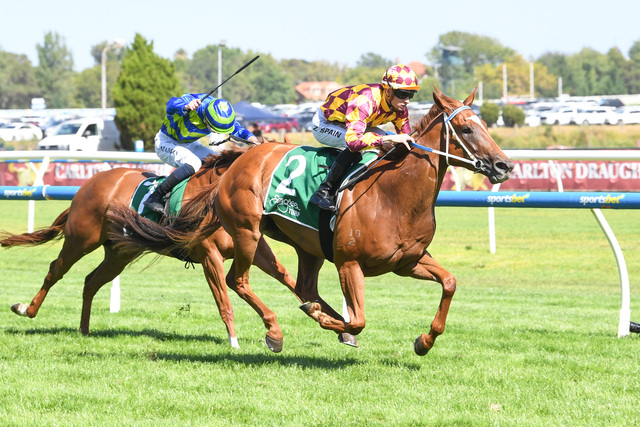By Cam Lucadou-Wells
Mosquito fish seem to be as damaging as their cursed land-borne namesakes, according to a team of scientific aces at Waverley Christian College.
The student team took out the FedUni Casey Project final recently, spelling out the mosquito fish’s havoc on Casey’s waterways.
The team found “disturbingly low pH levels”, meaning our waterways are too acidic and prone to absorbing mercury.
The students pitched ‘pH robots’ – devices that could detect and alert the authorities to high or low pH levels.
So where do the mosquito fish come in?
Apparently the fish were introduced to Australia’s ecosystem in a failed attempt to control mosquitoes.
Instead the fish were very keen on eating zooplankton – a vital organism that consumes algae and is crucial for maintaining clean waters and a stable pH, the students argued.
Casey councillor Wayne Smith was so impressed with the presentation that he successfully moved for the council’s officers and students do further research on the issue.
Their findings will then be presented to Casey’s conservation advisory committee.
“I was amazed how good kids are, with their presentation, their confidence, their ideas,” Cr Smith said.
FedUni Berwick campus manager and director of strategic planning, Greg Jakob, said the program was a wonderful opportunity to expose young minds to university life.
“The project is designed to challenge students to think outside the box and come up with creative solutions and opportunities to real-life problems, specifically for the City of Casey,” Mr Jakob said.
“The presentations were inspiring and we look forward to working with local high school student to help them realise their ambition.”



